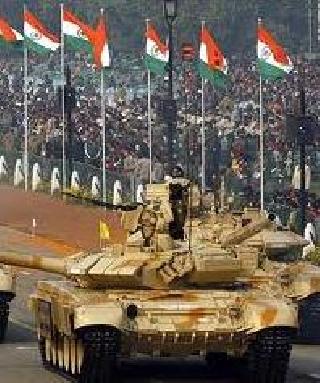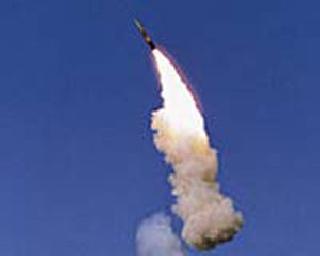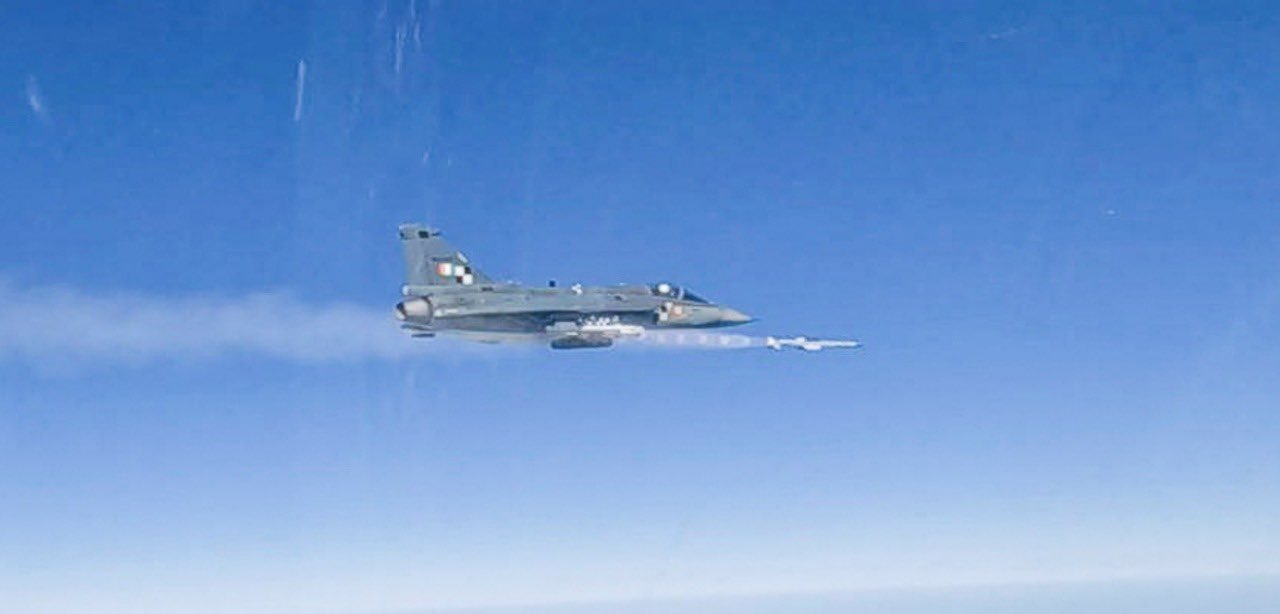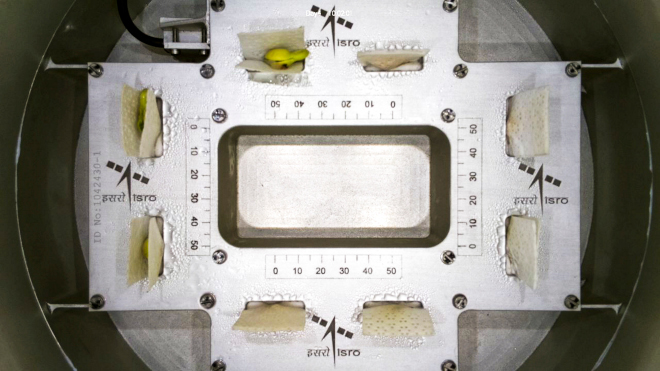
NEW DELHI (PTI): India's arms purchase trend will soon witness a sharp shift with the government readying a draft Defence Production Policy (DPP) that focuses on building a robust industrial base for self-reliance in meeting the needs of its armed forces.
As part of the DPP, to be approved and released soon, the government will give preference to indigenous design, development and manufacture of defence equipment.
It will rely on foreign sources to buy arms for the Army, Navy and Air Force only in case of critical technologies in which indigenous industries do not have capabilities and if they cannot meet the time lines for delivery.
The draft DPP says, "Government will endeavour to build a robust indigenous defence industrial base by proactively encouraging larger involvement of the Indian private sector in design, development and manufacture of defence equipment.
"(It will) progressively identify and address any issue which impacts or has the potential of impacting the competitiveness of Indian defence industry in comparison to foreign companies."
Indian defence production was an exclusive domain of the public sector undertakings and the Ordnance Factories till 2000, when the government decided to allow 100 per cent private participation in the sector.
In the first decade since the policy shift, the Defence Ministry has issued about 150 licences and letters of intent to the private sector.
At present, 70 per cent armament requirement of Indian armed forces is met through purchases from foreign sources.
But this scenario is likely to change once the DPP is implemented in full.
The draft DPP also says that the "government has decided that preference will be given to indigenous design, development and manufacture of defence equipment.
"Therefore, wherever the required arms, ammunition and equipment are possible to be made by the Indian industry within the required time frame, the procurement will be made from indigenous sources."
Among the objectives for coming out with a DPP, the draft says that it wants to achieve "substantive self-reliance in the design and production of weapon systems and platforms required for its defence in as early a time frame as possible."
While pursuing this policy, the overall objective will be kept in view that at all times the forces have an edge over potential adversaries.
"Only where the Indian Industry is not in a position to make and deliver them in the requisite time frame will procurement from foreign sources be permitted," it says.
Also, the time taken for delivery of the equipment by companies abroad against timelines for indigenous production would be factors in deciding to permit purchase from foreign sources keeping in mind the urgency and criticality of the requirement.
The draft DPP also proposes that the weapons required over 10 years into the future will be "by and large" developed and integrated within the country. But sub-systems and components that are not economically viable or practical to be made locally may be imported, but design and integration will be done indigenously.
In order to synergise and enhance the national competence in producing globally competitive latest, modern defence equipment without time and cost over-runs, the government will explore diligently all viable approaches such as formation of consortia, joint ventures and public-private partnerships.
Academia, research and development organisations and scientific institutions too will be involved for achieving the objective, the papers said.
The government will further simplify the 'Make' procedures for procurement to enable indigenous design and development of the required equipment in faster time frame.
Recognising that development of complex systems would take time and progress in stages, the government will permit further improvements in indigenously designed and developed equipment, but it will be ensured that the systems provide edge to the armed forces over potential adversaries.
If this was not possible, then the option of 'Buy' from foreign sources will be exercised till indigenous production capabilities improve.
In the case of strategic and critical technologies, the draft DPP stresses the need to be self-reliant.
In technology transfer from foreign companies, the DRDO will be "a necessary party" for assistance in identification, evaluation and absorption of the technology, apart from encouraging the DPSUs and OFB to strengthen their R&D wings.
 Previous Article
Previous Article Next Article
Next Article













The Indian Air Force, in its flight trials evaluation report submitted before the Defence Ministry l..
view articleAn insight into the Medium Multi-Role Combat Aircraft competition...
view articleSky enthusiasts can now spot the International Space Station (ISS) commanded by Indian-American astr..
view article